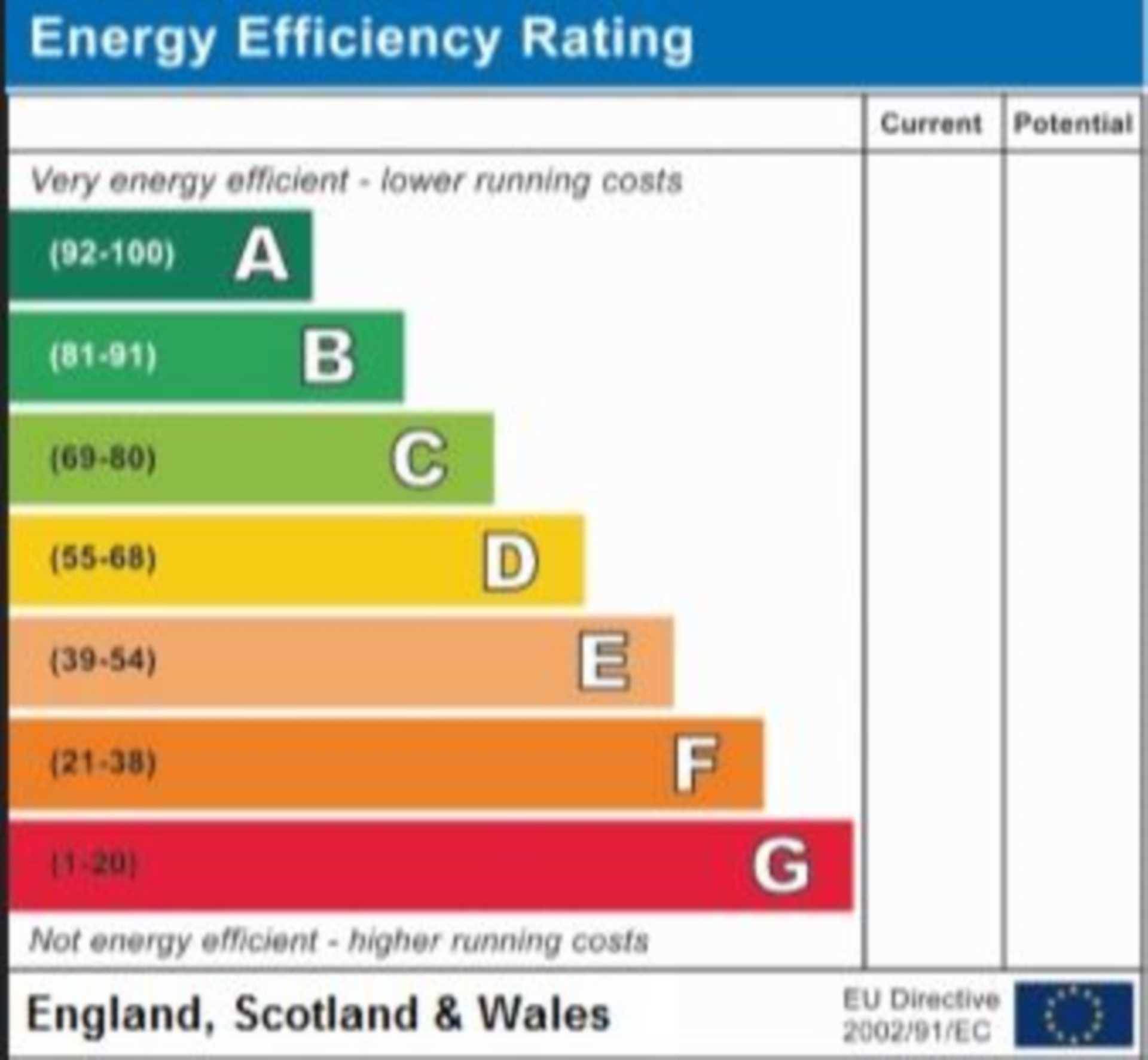
Date Published 21 May 2021
Energy Performance Certificates (EPC) – What grade are you?
Whether you're a landlord or a tenant, or you're thinking about becoming either, then you need to know a little about Energy Performance Certificates. Yes, their title is a bit of a mouthful, so for ease - let's call them EPCs.
History
EPCs became compulsory back in 2008 and formed part of the Home Information Packs (HIPs) put together whenever a property was sold. At first, EPCs were only needed for larger houses (4 or more bedrooms) but are now needed for smaller properties and there must be one in force whenever a property is built, sold or rented out.
HIPs fizzled out in 2010, but the requirement for an EPC stayed the same.
On 1 April 2018 there was a change in the law. The purpose was to encourage landlords and property owners to improve the energy efficiency of their properties. This meant that poorly performing properties which fell into the lowest two bands (F and G) could not be rented out.
There are some exceptions to this which include places of worship, temporary and listed buildings. There is more information on exempt buildings here .
What is an EPC?
The EPC is a four page document which outlines how energy efficient a property is. An inspector will spend a short time at the property, usually around an hour or so, depending on its size, and will give the property a grade between A and G. Information is included as to the measures that have been taken to improve efficiency such as the presence of a modern boiler, LED lighting, insulation and double glazing.
Also included is information about the property's energy use, typical energy costs and some recommendations about how to reduce energy use and save money.
A colour coded chart is included (similar to those found on large electrical appliances) which gives an immediate idea as to where the property is on the A – G scale.
Few properties attain the highest grades (A & B) as these require extensive energy saving measures to have been undertaken such a solar photovoltaic panels/solar water heating.
An EPC is valid for 10 years and we'll gladly arrange this on your behalf.
I'm a landlord. What do I need to do?
If you're about to buy a property that you're going to rent out, it should be sold to you with an EPC already in place (unless you're buying a property on the exempt list).
You may wish to update the property, say, by installing double glazing or a more efficient boiler, but there is no requirement for you to get a new EPC unless you want to or it's about to expire. If you carry out improvements and believe the property will now be in a higher category, it may be in your interest to have a new EPC to reflect the higher rating.
If you already rent out, then you MUST have an EPC in place. You can be fined for not having one.
You can not commence a new tenancy agreement unless the property has a rating between A and E, and the tenant must be able to examine the certificate before signing up and should also be given a copy. Any advertising for the property must contain its energy efficiency rating.
I'm a tenant. What do I need to do?
If you're looking for a rental property you can look online to see that there's an EPC in place and what rating it has. Go to www.gov.uk/epc . The rating should be available in any information you are given about the property by the agent or landlord and you should also be given a copy of the EPC when you sign your tenancy agreement.
If you're already renting, check your paperwork to see if there's a copy of the EPC with it, especially if you've been in the property for a while and can't remember the details. If there isn't a copy, or there is a copy and it's expired, contact your landlord or agent.
What else do I need to know?
EPCs are generally seen as a useful tool for both parties. The ratings are based on standard assumptions about the property and do not reflect how energy is used by each individual.
For the tenant, simply installing a few LED bulbs and turning the thermostat down by a degree or two will help with yearly costs. Your landlord may even help with supplying the bulbs!
For the landlord, the EPC gives useful guidance about improving things, for example upgrading the loft insulation or replacing an ageing boiler. And don't forget that a better rating will help with the marketing of your property.
Lots of information is available online, so if you've mislaid your certificate or think you need a new one, check out your property now!